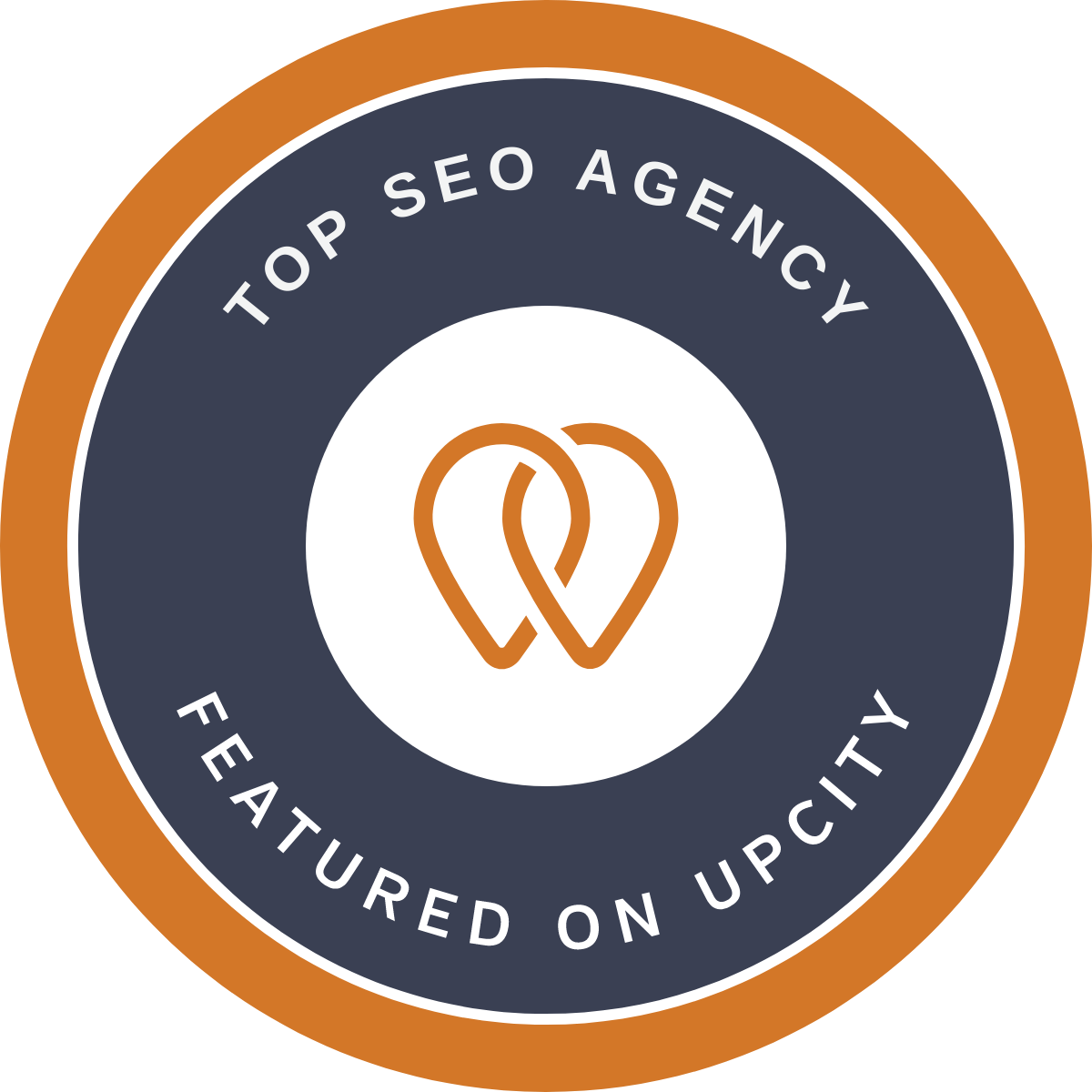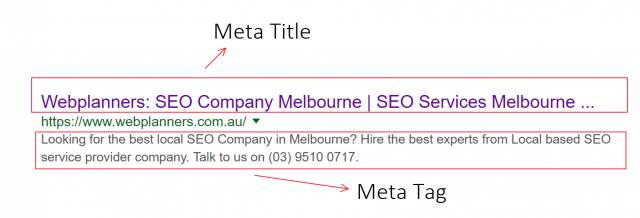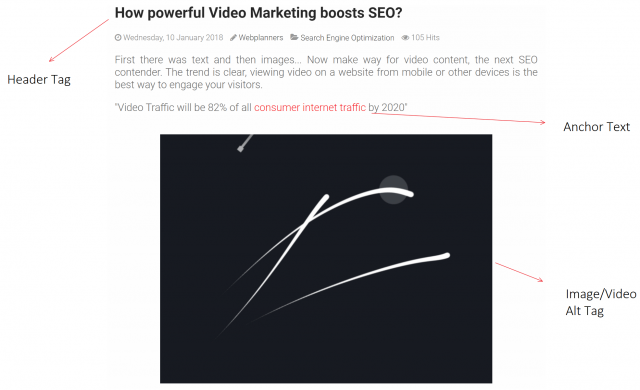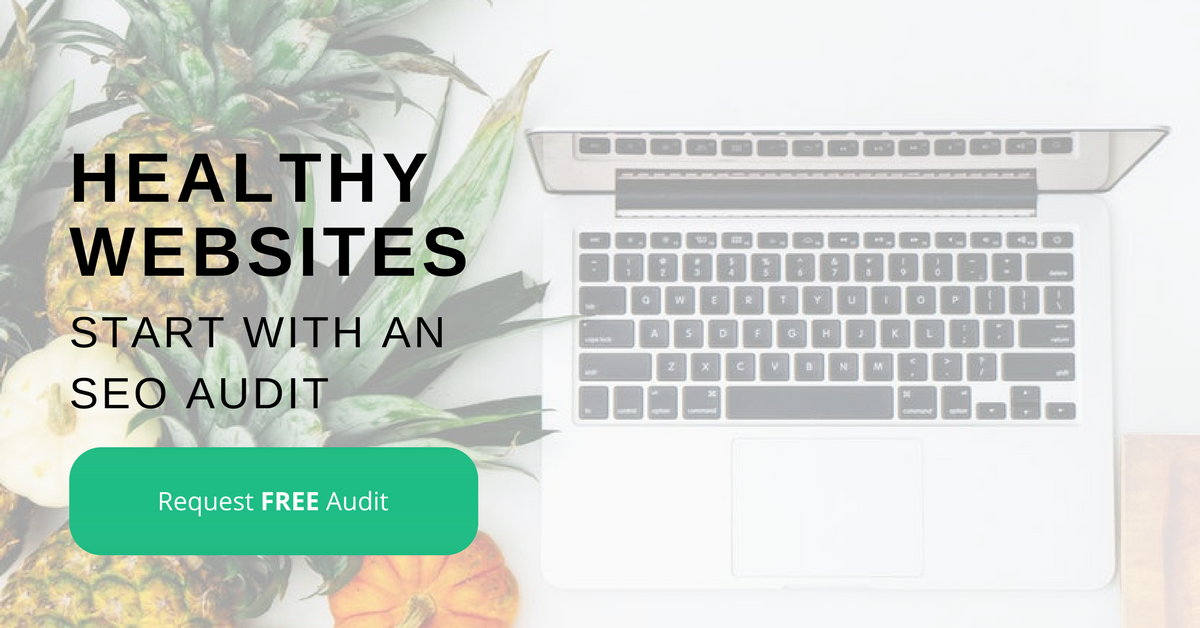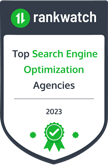While creating keyword rich content and quality backlinks are an essential part of any SEO service, there is a greater benefit with HTML tags that not many people are aware of. This underlying code helps to create exceptional and engaging websites. With an abundance of new businesses popping up everyday, you simply can't afford to miss out on a few basic tags that can help your website stand out from the rest. What are they? Learn about them from one Webplanners, your trusted SEO company in Melbourne.
There is a race going on in every industry, with all businesses aiming to be number one and pining for the maximum number of sales.
However, the troubling thing is that there are so many businesses that have websites that have the potential to draw in many customers and provide them with what they really want.
Except being trapped on the 100th page means that they're no better than a department store that has been built in the middle of the desert. They're basically unseen.
And a lot of the times, it's not even their fault. This is why it's so important to know about SEO - because even the most beautiful website won't be seen if it doesn't crack the first page of Google.
To start with, SEO Companies in Melbourne say that for online business growth and sales, there's a need to grow attention through organic search. As organic search brings you 70% of traffic, it becomes quite clear that being trained in the ways of SEO and how it works is essential.
One of the ways to get to the top is through HTML tags. If you are new to SEO, here is a guide for HTML tags:
Title Tag
Having 10 different pages on your website and all with the same topic is a bad look in the eyes of any consumer. So, it's important to have unique title tags for each of your pages. This is how people will recognise whether your specific page will solve their problems. Frame a well-constructed topic for the link that conveys the right message to the audience. Also, don't forget that the correct use of keywords will rank it even better in Google's search engine optimizations.
Meta Tag
We found that Title Tags carry a great importance in the suite of SEO services, but it is nothing without the Meta Tag. Right after the title tag and the URL, you'd find a couple of sentences written about the page which is called the Meta Description. This needs to be concise and meaningful and have proper use of keywords (which means within the count, and no keyword stuffing!) Getting this right can really help you step up your game on the search ranking.
Header Tag
This is like your bullet points on Word. All it does is keeps the content organised and readable for the visitors. With different formats like H1, H2, H3 and even H4 and H5, websites display a systematic format of the written script that could make reading a super easy task. In addition, it tells Google the importance of the content in a logical sequence to optimize the search timeline.
Image and Video Alt Tag
A huge question that a lot of people are to SEO companies is how Google can find an image and video when it can't read it like normal text? Image and Video Alt Tag is the answer to this. Every image and video has a linked description to it, which helps the engine locate it when the relevant keyword is inputted in the search box. That means, if your image and video is relevant and meaningful to the content you promote on your page, Google encourages that by increasing your rankings.
Anchor Text
Several website blogs you read place links to sites and sources all the time. These links could be useless if you don't add an anchor text to it. An Anchor text is a description of the attached link making it convenient for the search engine to know why and what is the link is used for.
No Follow Link
No follow is valuable in that it instructs search engines not to give credibility to the back links created for your websites. With the no follow tags, linking to a website or content would not allow the website's domain authority to increase and influence the ranking. It's necessary to ensure poor links do not ruin the website domain's authority.
Canonical Tag
Canonical tag is a way to tell the Google that your webpage is the authentic and master-copy of all the webpages. There are hundreds and thousands of duplicate pages floating on the search engine and to make yours known as the priority, SEO companies use Canonical Tags.
Tip: This if for people who aren't experts at coding and feel that changing website can be a headache. For them, making a change in one area can destroy the entire website - a fear which stops many businesses from wanting to do anything at all. From an SEO point of view, we advise many businesses to use a software that can make changes super easy, e.g. Moz.
So, the next time you are involved in SEO or have decided to team up with an SEO company, ask about HTML tags and see if you, or the SEO company you're with is completing all the right tasks to help rank your website effectively.
For professional help to your business, call Webplanners - the leading SEO Company in Melbourne at (03) 9510 0717 for free consultation today!
FAQs
What is the role of the title tag in SEO?
The title tag is one of the most important HTML tags for SEO. It is used to define the title of a webpage and appears as the clickable headline in search engine results. Including relevant keywords in the title tag can help search engines understand the topic of the page and improve its ranking for related searches.
How does the meta description tag impact SEO?
The meta description tag is an HTML tag that provides a brief description of the webpage's content. It appears below the title tag in search engine results and influences click-through rates. By crafting compelling and keyword-rich meta descriptions, businesses can increase the likelihood of attracting relevant clicks and improving their website's SEO performance.
What does the header tag do for SEO?
Header tags, such as H1, H2, H3, etc., are used to define headings and subheadings on a webpage. Search engines use header tags to understand the structure and hierarchy of content on a page. Including relevant keywords in header tags not only helps with SEO but also improves the readability and user experience of the webpage.
How does the alt tag impact SEO?
The alt tag is an HTML tag used to provide alternative text for images. Search engines cannot "see" images, but they can read the alt text. By including descriptive and keyword-rich alt tags, businesses can improve the accessibility of their website for visually impaired users and provide additional context to search engines, thus improving SEO.
Does the use of HTML tags affect mobile SEO?
Yes, the use of HTML tags can impact mobile SEO. With the increasing popularity of mobile devices, having a mobile-friendly website is crucial. Optimizing HTML tags, such as using responsive design, using appropriate meta viewport tags, and ensuring proper heading structure, contributes to a positive user experience on mobile devices and can improve mobile search engine rankings.
